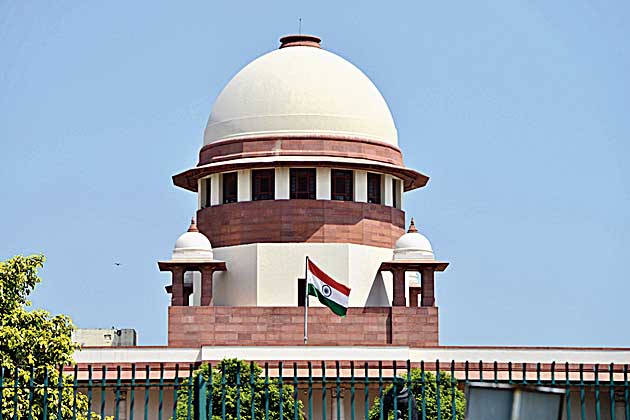The Lokpal selection committee had met just eight times and the search committee not even once till mid-December last year, almost five years since the Lokpal Act was notified, according to information secured through an RTI application.
Of the selection committee’s eight meetings, two were held in February 2014 during UPA rule. The first meeting under the chairmanship of Prime Minister Narendra Modi was convened only in the 46th month of his 60-month term — on March 1, 2018 — and after court intervention.
The information, provided by the department of personnel and training (DoPT) to RTI activist Anjali Bhardwaj, is dated December 13, 2018.
Although an eight-member search committee was formed by the third week of September 2018, it had not met even once till mid-December.
On Friday, the Supreme Court rapped the Centre for its continuing delay in appointing the Lokpal and asked it to state by January 17 what steps it had taken towards this since September. “We may tell you, much time has lapsed,” Chief Justice Ranjan Gogoi told the government. (See Page 4)
Citizens’ group Satark Nagrik Sangathan, with which Bhardwaj is associated, has underlined the Modi government’s “lack of commitment” towards the anti-graft ombudsman, which contrasts with its ride to power on an anti-corruption plank.
According to Bhardwaj, the DoPT has shrouded the entire process in secrecy, refusing to disclose the minutes of the selection committee meetings.
The department has argued that the minutes are “secret documents’’ because of the presence of “high-level dignitaries” on the committee, but has not cited any of the provisions of the RTI Act under which a public authority can claim exemption.
“Denial of information is blatantly illegal. For institutions of oversight to enjoy credibility, it is of paramount importance that they are appointed in a transparent and fair manner,” the Sangathan has said.
“The long delay and the opacity in the process of appointment being followed by the government will undermine public trust even before the Lokpal is set up.”
Under the Lokpal Act, the selection committee is headed by the Prime Minister and includes the Lok Sabha Speaker, the Chief Justice of India, the leader of the Opposition in the Lok Sabha, and an eminent jurist picked by the first four.
The selection committee is tasked with appointing a search committee to shortlist names for its consideration.
For months on end, the Modi government took the plea that the selection committee was unable to meet because there was no designated leader of the Opposition (a situation caused by the absence of a single Opposition party that had the numbers to claim that status).
When the government cited this in the Supreme Court after transparency advocates sought legal intervention for the appointment of a Lokpal, the court in May 2017 allowed the selection committee to meet without the leader of the Opposition.
Even then it took the Prime Minister another 10 months to convene a meeting of the committee.
The Centre had told the apex court it would amend the act so that the leader of the largest Opposition party could become a member of the selection committee if the Lok Sabha lacked a leader of the Opposition. But the proposed amendment has not been carried out.
The same problem had arisen with the selection panel for the CBI director, but in this instance the Modi government had as far back as 2014 amended the Delhi Special Police Establishment Act to allow the leader of the largest Opposition party to become a member.












